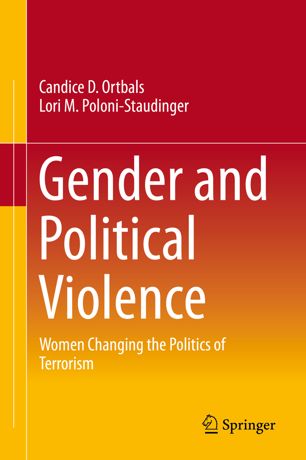

Most ebook files are in PDF format, so you can easily read them using various software such as Foxit Reader or directly on the Google Chrome browser.
Some ebook files are released by publishers in other formats such as .awz, .mobi, .epub, .fb2, etc. You may need to install specific software to read these formats on mobile/PC, such as Calibre.
Please read the tutorial at this link: https://ebookbell.com/faq
We offer FREE conversion to the popular formats you request; however, this may take some time. Therefore, right after payment, please email us, and we will try to provide the service as quickly as possible.
For some exceptional file formats or broken links (if any), please refrain from opening any disputes. Instead, email us first, and we will try to assist within a maximum of 6 hours.
EbookBell Team

0.0
0 reviewsThis book examines the role of gender in political conflicts worldwide, specifically the intersection between gender and terrorism. Political violence has historically been viewed as a male domain with men considered the perpetrators of violence and power, and women as victims without power. Whereas men and masculinity are associated with war and aggression, women and femininity conjure up socially constructed images of passivity and peace. This distinction of men as aggressors and women as passive victims denies women their voice and agency. This book investigates how women cope with and influence violent politics, and is both a descriptive and analytical attempt to describe in what ways women are present or absent in political contexts involving political violence, and how they deal with gender assumptions, express gender identities, and frame their actions regarding political violence encountered in their lives. The book looks to reach beyond the notion of women as victims of terrorism or genocide without agency, and to recognize the gendered nature of political conflicts and how women respond to violence. This book will be of interest to advanced undergraduate and graduate students in political science, sociology, cultural studies, and gender studies, academics in terrorism studies and gender studies, government officials, NGOs, and professionals working in areas of violent conflict.